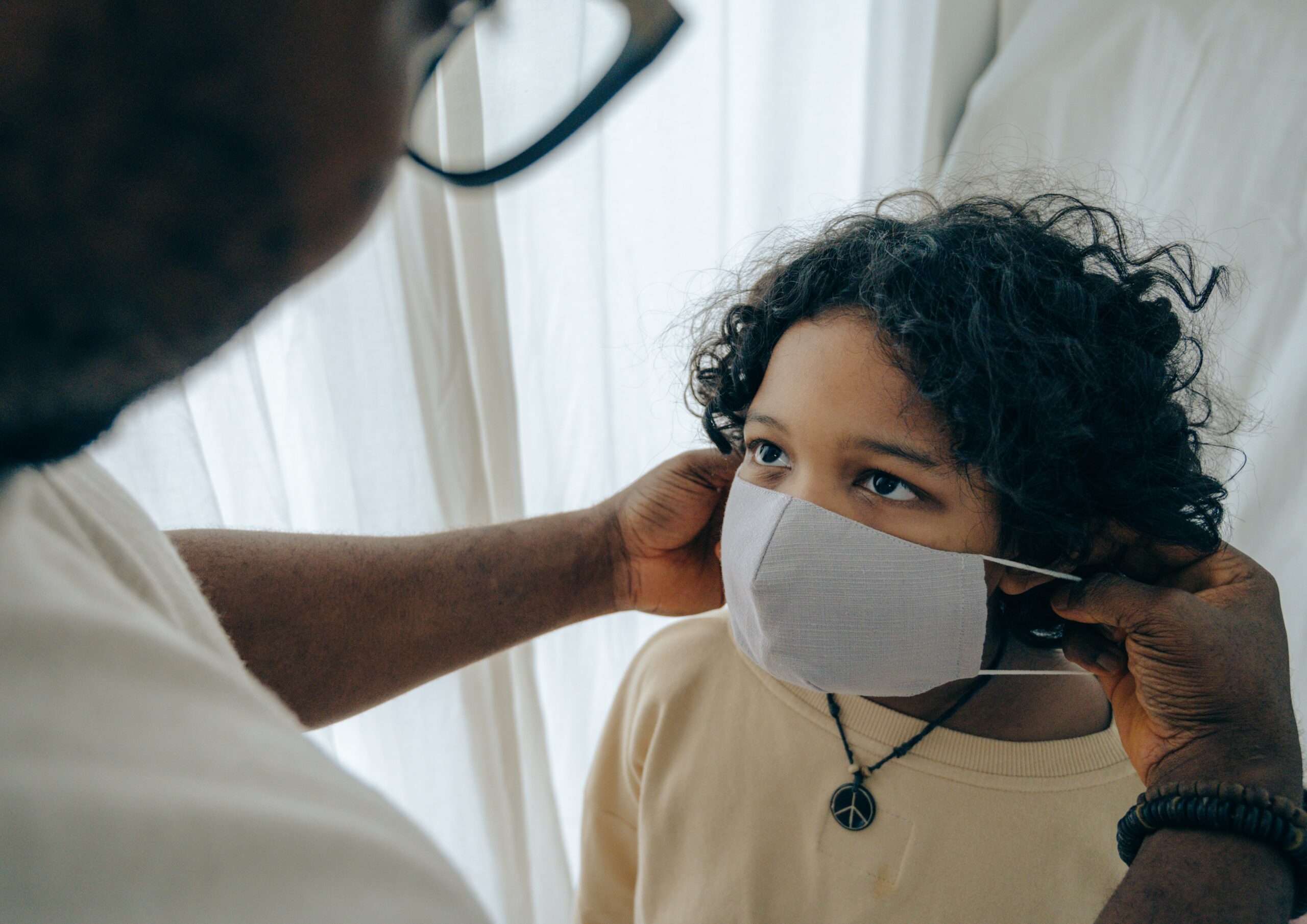

While the entire world faces the COVID-19 pandemic, America and Virginia face dual pandemics, COVID-19 and racism as a public health crisis. Public health looks at how external factors influence health outcomes, such as how racism, poverty, food access, and environmental inequities collectively contribute to physical, social, and emotional health. The solutions require a multi-faceted response that promotes a multi-sector continuum of care. The pandemic has shed light on the importance of how one’s awareness of their own health can impact the entire community, such as knowledge that one is carrying the COVID-19 virus. This gives us the opportunity to do better in ensuring that our residents have fair and just access to what they need to sustain a quality of life and positive health outcomes.
Our talking points for the 2021 legislative session will focus on the following themes that fall under the umbrella of expanding insurance access to immigrant populations:
Every Virginian should have access to health insurance during a pandemic, regardless of immigration status. When parents have access to health insurance, children are more likely to have insurance. As a result, the overall health and well-being of Virginia’s population is improved due to increased access. As of December 10th, according to the CDC, there have been over 285,000 deaths from COVID-19 in the United Status. This number continues to rise, but we must note the disproportionate impact of the pandemic on communities of color. Minority communities are expected to navigate systems of biases and inequities and stay afloat while facing exacerbated health inequities as it relates to the social determinants of health. Young adults are just starting off in life and often work part time jobs that have limited access to paid time off, such as sick pay and health insurance. Virginia must ensure they have what they need to survive the pandemic and live a long and healthy life.
Increase the age that legally residing immigrant children can qualify for Medicaid and FAMIS: Currently, legally residing immigrant children in Virginia qualify for coverage up to 19. Federal law allows optional coverage to continue up to age 21 allowing for continuity of care and reducing gaps in health coverage.
Policymakers must prioritize child and family health. It’s time to invest in and prioritize access to healthcare for all Virginians. The postpartum period is important but an often neglected element of maternal and infant care. Mothers deal with a variety of medical conditions and complications from birth, regardless of their identity. Symptoms include pain, childbirth, postpartum depression and anxiety, and more. As we navigate the public health crisis, every policy and funding decision should move Virginia closer to becoming a place where everyone has the opportunity to survive and thrive. Access to prenatal coverage improves health outcomes for the mother and child.
Extend Medicaid/FAMIS MOMS prenatal coverage to undocumented women who meet all other non-immigration eligibility criteria: The federal option for this is already in use in 17 other states and would require a CHIP plan amendment. However, the good news is extending prenatal coverage could result in 2.3 million in net savings for the state in FY22 due to drawing down a higher federal match rate compared to emergency services that might otherwise not be utilized due to a lack of access.
Communities of color are experiencing much higher COVID-19 hospitalization rates. For example, as of December 3rd, the Virginia Department of Health reported 15,116 hospitalizations. The Black community accounted for 29 percent, despite the fact that they represent just 19 percent of the commonwealth’s population. Similarly, the Latinx population represents 24 percent of Virginia’s COVID-19 hospitalizations, but only 9.8 percent of the population. Meanwhile, the white community accounts for 28 percent of the commonwealth’s coronavirus hospitalizations, but nearly 70 percent of the population. These numbers are disproportionate.
Virginia must expand Medicaid coverage for COVID-19 emergency services: Several other states have taken steps during the current crisis to help their residents regardless of immigration status. Federal law allows states to cover COVID-19 screening, testing, vaccines, and all related treatment for any immigrant who meets financial requirements for Medicaid, but does not meet the immigration status requirement. This policy will decrease the spread of the coronavirus. Virginians should have access to emergency services during a pandemic. It benefits everyone.
Sign up to receive emails regarding the upcoming session here.
Read More Blog Posts